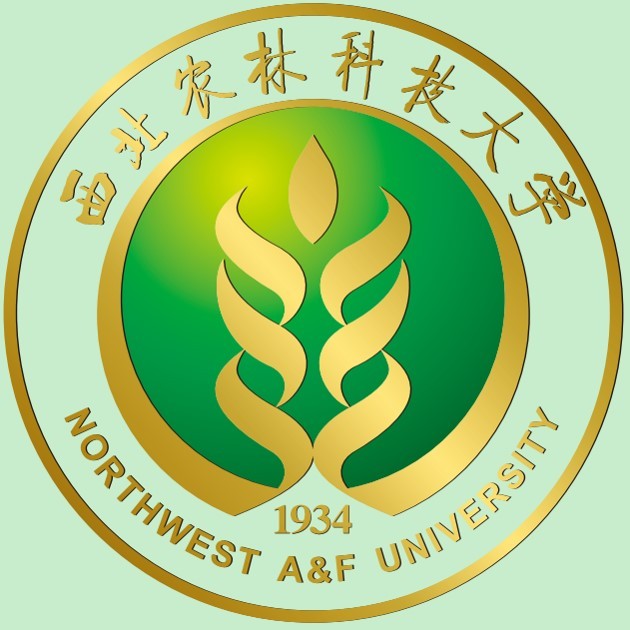The research team published a paper entitled "Dual-Mechanism Tuned Engineered Polyphenols with Cascade Photocatalytic Self-Fenton Reaction for Sustainable Biocidal Coatings " in Nano Letters, the first author is Dr. Ting Du, corresponding author is Professor Wang Jianlong and Associate Professor Zhang Wentao. The first author is from Northwest A&F University.
Traditional disposable personal protective equipment (PPE) only blocks pathogenic bacteria by mechanical filtration, with the risk of recontamination and transmission remaining. Herein, inspired by phenolic-enabled nanotechnology (PEN), we proposed engineered polyphenol coatings by plant-derived aromatic aldehydes and metal involvement, denoted as FQM, to obtain the desired photocatalysis-self-Fenton antibacterial performance. Experiments and theoretical analysis proved the dual mechanism of Fe-induced enhancement: (1) tuning of molecular structure realized improved optical properties; (2) Fe(III)/Fe(II) triggered photocatalytic cascade self-Fenton reaction. Mechanism study reveals FQM killing bacteria by direct-contact ROS attack and gene regulation. Further, the FQM was developed as the ideal antibacterial coating on different fabrics (cloth cotton, polyester, and N95 mask), killing more than 93% of bacteria after 5 cycles of use. Such photocatalysis-self-Fenton coatings based on engineered polyphenols endowed with desirable safety, sustainability, and efficient antibacterial features are promising solutions to meet the challenges of the currently available PPE.
https://doi.org/10.1021/acs.nanolett.3c03142.

